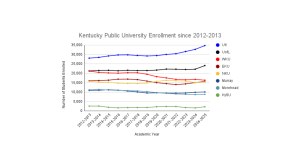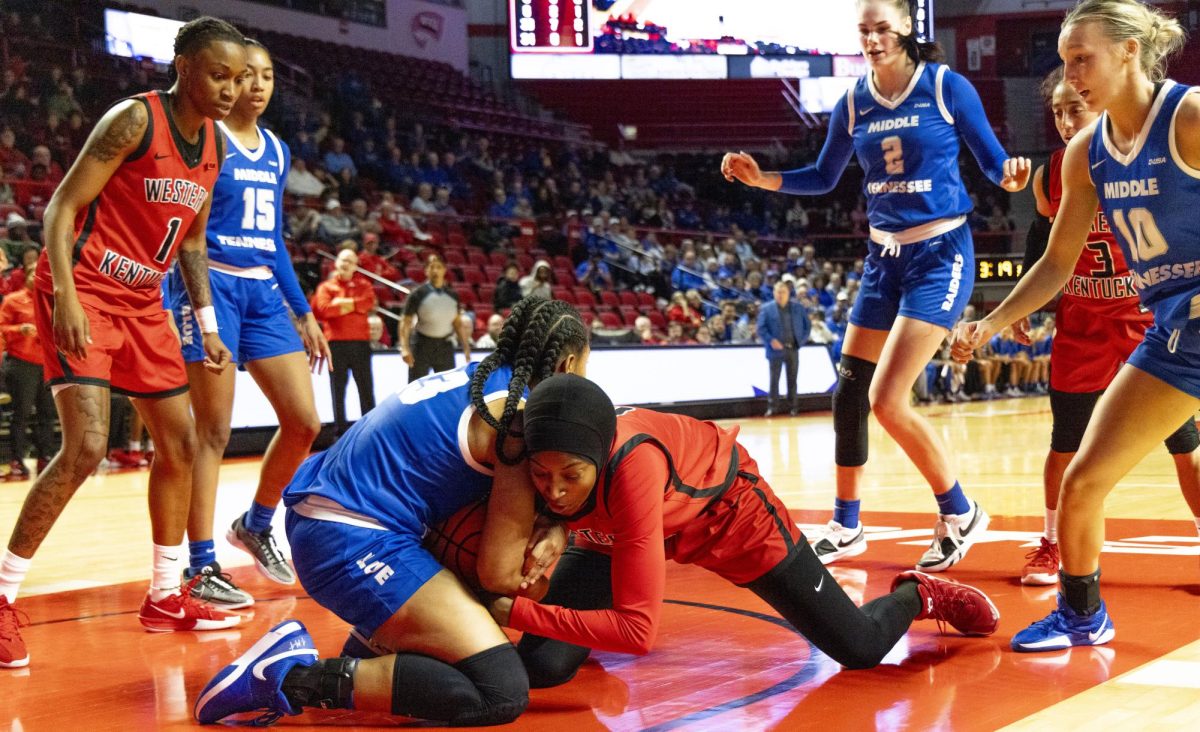Funding for new academic initiatives eliminated
May 10, 2013
Out of a $2,139,000 budget reduction, $315,000 will come from eliminating recurring funding for the Provost’s Initiatives for Excellence awards.
The cut to the program is the single greatest item reduction proposed by cost.
PIE allows academic programs to submit proposals for new initiatives and then receive funding from the Provost’s office to see the initiatives through.
Money used to support the Provost’s Initiatives for Excellence comes from numerous sources, including Academic Quality Phase I and II Funds, CPE Action Agenda Funds, Grant Incentive Funds and Provost Professional Development Funds.
Gordon Emslie, provost and vice president of Academic Affairs, said eliminating the recurring funding from the budget doesn’t mean the program will cease to exists.
“Many of the initiatives that would have been funded by that program we hope will continue to be funded from other sources, from this office or from the other colleges,” Emslie said. “We just eliminate the budget line. Therefore, we are not specifically tagging dollars to this anymore.”
Making up roughly 70 percent of the university’s budget, Emslie said it was important for Academic Affairs to contribute to the reduction plan.
President Gary Ransdell said the decision to eliminate the funding was ultimately up to Emslie.
“He feels like he can still sustain most of the things that the provost’s initiatives have been for in the past,” Ransdell said. “That’s been a discretionary fund that the provost has used historically, and he feels like that he can operate effectively with other revenue sources.”
The Quality Enhancement Program will also be losing $24,000 in funding.
The QEP is a course of action determined by the university that addresses a topic related to enhancing students learning or the student learning environment.
Engaging Students for Success in a Global Society was WKU’s previous QEP, implemented in 2005.
The new QEP is required for WKU to receive reaffirmation of accreditation by the Southern Association of Colleges and Schools Commission on Colleges.
Positions that have been vacant for five or more years will also be eliminated under the current reduction proposal, saving $91,000.
Emslie said these long vacant positions were looked at differently than recently vacated positions. As a result, it was decided they be removed.
“Removing a line doesn’t mean that a person lost their position,” Emslie said.
However, Emslie said with the exception of the handful of 5-year or longer vacated positions, faculty and staff searches and hiring will continue as normal, as well as a permanent 2 percent salary increase for all faculty.
“All of these things could have been on the table for elimination,” he said. “I think it’s very important to appreciate what we still have.”
The process on what to cut and reduce hasn’t been easy, Emslie said.
“These were some very tough decisions we had to make, as with any budget cut,” Emslie said. “We chose to protect what we said we’d try to protect, which was jobs and salaries — the main actions on the action plan.”
















